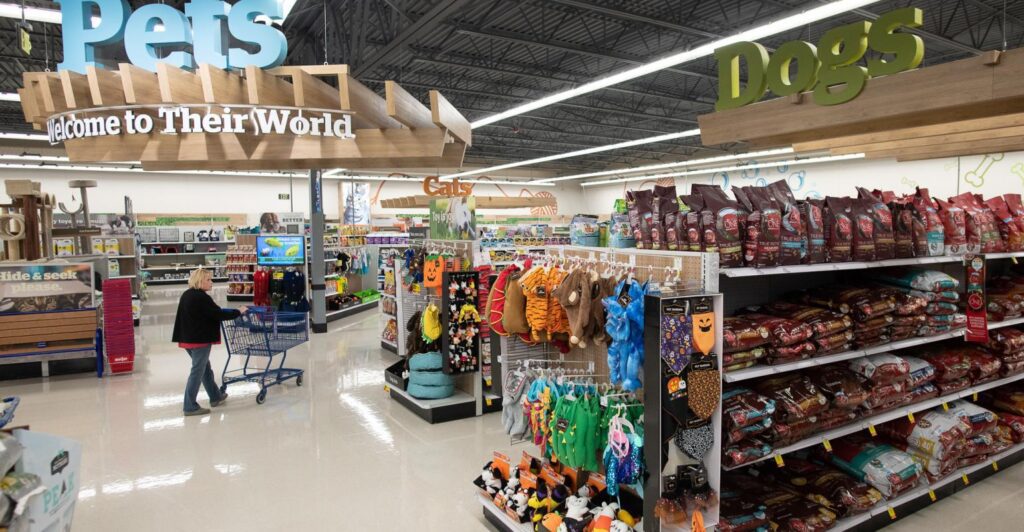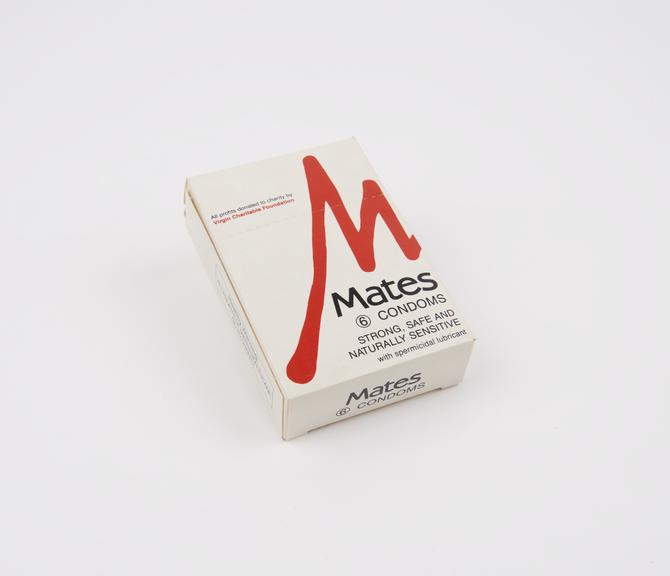Personalization in Pet Care Retail (Or Lack of It)
There is a lack of personalization in Pet care retail – both offline and online, in the Indian markets.
A rise in interest in pets is being generated by those who have adopted pets as a form of companionship in the wake of the pandemic. Pet businesses & internet marketplaces have proliferated in India.
A pet owner needs supplies, but they may not realize what they need. Between that and the subsequent increase in ad spending, the market for client attention became congested. Pet businesses must ensure that their pet marketing is more individualized than ever before to assist buyers to distinguish from a sea of similar products.
Pet businesses need personalization more than anybody else. There are many reasons why this is the case. To build a long-term relationship with a customer, it’s important to know exactly what the consumer’s demands are.
First, let’s answer the question of why the product recommendations quality is so important in this segment.
- The Different Needs of Different Pet Owners – Of course, the needs of bird and cat owners are vastly different. Dog owners, for example, may appear to be outwardly similar, but their demands are significantly different from those of cat owners. There are a lot of differences between feeding a German Shepard and caring for a little Shihtzu.
Aside from that, some animals and breeds have very specialized requirements. Many dogs, for example, are allergic to poultry or grain. The kidney and urinary tract problems that affect senior cats are often so severe that they necessitate specific diet and treatment. Advertising for urinary tract supplements or a voucher for chicken and rice formula food to a consumer with a kitten has just wasted marketing money.
- The Power of Habit – The pet gets used to the formula and the owner to the brand, so they continue to buy the same goods repeatedly.
The product recommendations that interfere with the habit are likely to be dismissed as intrusive and awkward, the owner thinking: “I need a 7 kg bag of Acana. What is that you’re recommending – Pedigree? No, way!.
- Love – Pet owners adore their pets and see no harm comes to them. To better care for their beloved pets, they spend days reading books or forums on how to do so and spend hours talking to each other
As previously said, different pets require different types of food and multivitamin formulae; kittens and lactating cats necessitate one sort, while sick domestic animals necessitate another. Owners are often extremely picky when it comes to their selection in scenarios like the two just discussed.
When the weather gets chilly, many dog owners treat their short-haired pets to a coat of their own. Many pet owners like spoiling their pets from time to time. The occasion of a special occasion, such as the celebration of the birthday of a pet, calls for a reward.
Consequently, while an owner is shopping, the following aspects have a role
- Type of the pet – A fish owner won’t look for a cat food formula, and a cat owner won’t buy dog multivitamins.

- Breed and size – A Shihtzu needs less food than a Labrador. There are different multivitamins and supplements for different breeds because they all have different weaknesses.
- The pet’s age – For a 12-year-old dog, it’s meaningless to recommend a puppy formula because it requires a different nutrition plan.
- Brand – It’s not uncommon for pet owners and their furry companions to develop a strong loyalty to a single brand.
- Frequency of purchase – Dry food is the most widely purchased item. A retailer can effectively promote itself by reminding the owner of an impending shopping session for this product, which has a stable purchase pattern.
Markets need to be aware of these trends and segment their communications accordingly.
Tips on How to Make the Most of Customer Data
- Keep track of your consumers’ meaningful behaviours so you can use them in future marketing campaigns. That’s an opportunity that astute pet businesses should seize.
- Include the feedback from customers in every future correspondence. Make sure your emails are tailored based on previous purchases, for example. This serves as a reminder to customers of the products that piqued their interest in the past.
The advantages of customizing are numerous. Personalization is important to retailers of all kinds, and 43% of consumers agree that individualized marketing is a must. Increasing numbers of people are willing to sell their personal information for customized product suggestions.
Some Pointers
- Analyze and select the most relevant articles from among the tens of thousands of available online
- Identify customers who prefer to consume content rather than shop for things or enjoy preferential status; a distinction must be made.
- Recognize that pet owners who are well-versed in your products and services are more likely to be repeat consumers.
- Use targeted messaging to reach out to certain parts of their client base and provide pet owners with the information and resources they need to make the best decisions for their dogs.
The following are suggestions for businesses looking to personalize:
- Don’t put off starting the customizing process. You can’t expect your project to succeed if you don’t include customization at every stage.
- The data you have is the most important. The more information you have, the more specific your customization may be.
- Manage your data effectively. Examine the purchase habits of your target market and figure out how to quantify your success.
- Try again and again until you get it right. Run it again once you’ve compared the results to your objectives and made any necessary changes.



